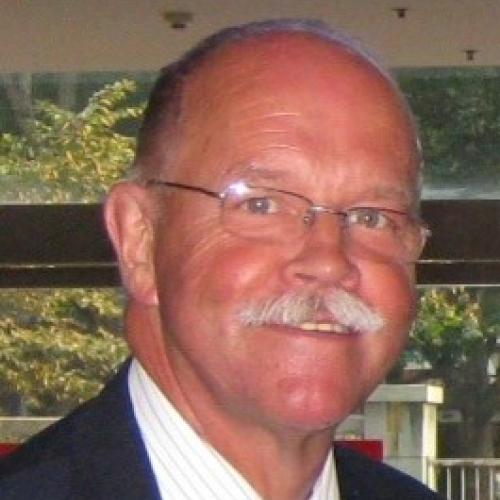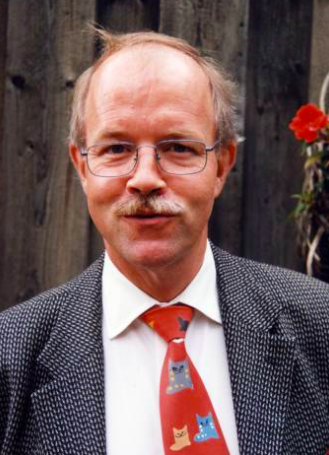If developed countries are looking to India with respect these days, it is not because of the country’s GDP or per-capita income. Though these are growing, they remain too low to explain the response the mention of India gets in global business circles. What is really shaping India’s image abroad is its high-grade Intellectual Capital (IC), which is not just about trained manpower, but the country’s demonstrated ability to leverage this in creating highly productive enterprises.

That IC is the prime creator of value has become increasingly evident over time. A company’s worth was once measured by book value, which is basically the sum of its physical and financial assets (minus liabilities). In the 1990s, book value accounted for 80% of the market value of the companies in the Standard & Poor Index. Today, the figure has fallen to just 15% and in the case of the best companies, even less.
The market cap of Torrent Pharmaceuticals is around Rs 70,000 crore but its book value is only 6,100 crore (or 8%). The same is the case with Adani Enterprises, where the market cap is currently around Rs 2,53,080 crore and book value is Rs 22,230 crore. Today, a company’s market value has less to do with its land and machinery and more to do with its IC, which is a combination of its human capital, internal systems and external relationships. “IC has come to be the main creator of value,” says Professor Leif Edvinsson, author of Intellectual Capital for Communities, Nations, Regions and Cities. “We need to account for it transparently, else the stock market will be ruled by sentiment, and volatility will result. Non-financial assets are no longer a fuzzy area.”

IC consists of intangible factors that are hard to capture in a balance sheet. But given its critical importance in valuing companies, many have tried to come up with a way to measure IC. In the early days, it was suggested that people should be accounted for as an asset in the balance sheet, which would enable companies to treat training and development not as an expenditure, but as an investment in assets. Accountants, predictably, cried foul, saying that it would also enable companies to prop up weak balance sheets by simply employing more people.
Academics have persevered in the effort to create performance management systems that go beyond traditional financial measures. The best companies, they have said, create knowledge management systems that convert their human capital into organisational IC. The next step will be to create an external reporting system for investors and other stakeholders. “IC will be the primary measure of wealth in the future,” says Edvinsson. “We have spoken the language of financial accounting for thousands of years. In the knowledge economy we must speak in the language of knowledge economics.”
Edvinsson believes that cities, which were traditionally developed to support the trade flow of goods, must now be reconfigured for the trade of ideas and intellectual assets. Urban design then becomes critical to attract and support creative people to come, live and work in a city. The cities with the highest IC are not necessarily the big Metros, but smaller places like Zurich, Toronto or even Ahmedabad. “These are peaceful, well connected, wealth creating cities with high-quality educational institutes,” says Edvinsson.
Also Read: DSU: a residential sports school that’s earning raves












